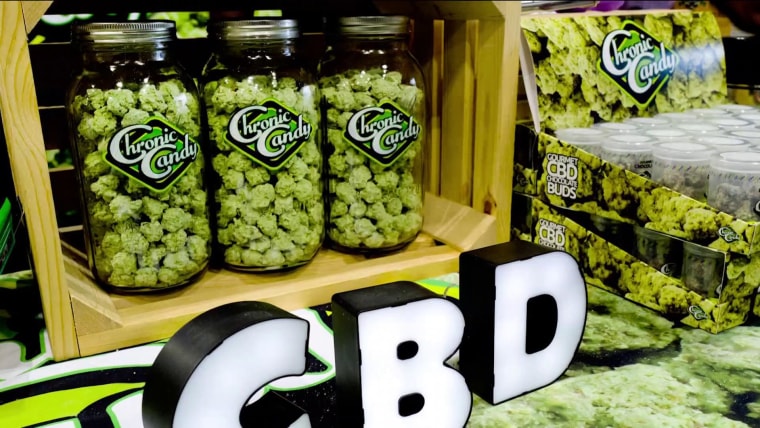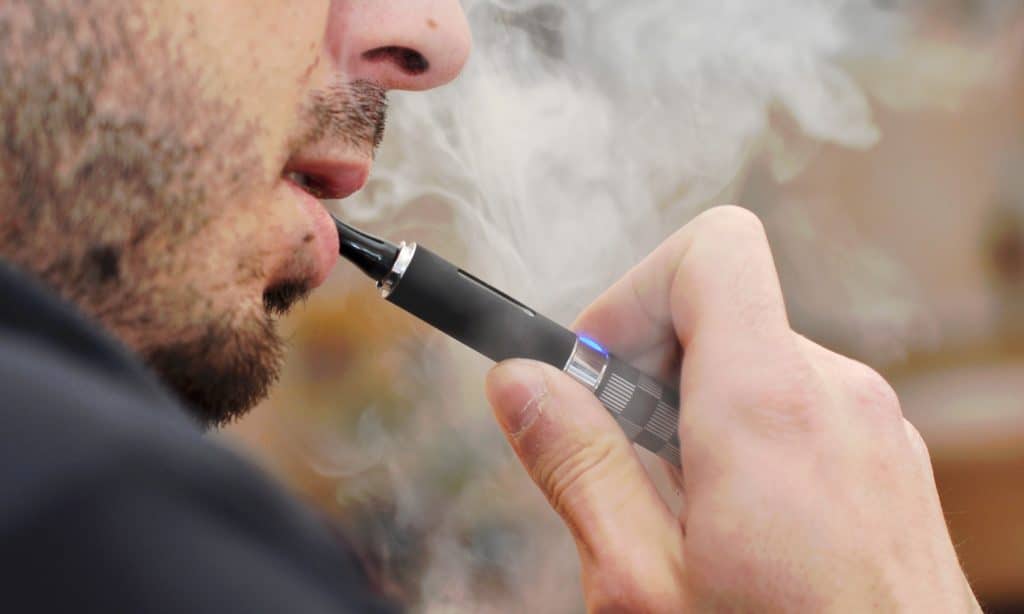City leaders in Amsterdam are considering ways to reinvent travel to the Dutch capital as pandemic restrictions ease, with plans to emphasize the city’s cultural amenities while playing down its reputation for partying, sex, and cannabis tourism. Dutch officials began easing restrictions in April, leading to a gradual return of the tourists who were responsible for approximately 10 percent of the Amsterdam economy before the coronavirus outbreak.
Officials in Amsterdam temporarily shut down the city’s famed “coffee shops” that sell marijuana in March 2020 as the COVID-19 pandemic swept across Europe, allowing them to reopen to provide take-out service only as lockdowns continued. Travel restrictions caused tourism in the city, much of which is centered on Amsterdam’s bars, coffee shops, and famous Red Light District, to plummet.
But as tourism begins to revive, city leaders would like to welcome more visitors interested in Amsterdam’s art museums, history, and other cultural attractions while discouraging hard-partying tourists who negatively impact the quality of life for residents. Unlike many other popular tourist destinations, tourism is only part of the city’s economy. Ninety percent of Amsterdam’s economy is derived from industries other than tourism, giving the city options to plan for the sector’s resurgence.
“Amsterdam is in a lucky position where it could really use the pandemic to try some new things,” said, adding, “This is the time to experiment.”
Last month, Amsterdam’s City Hall launched a publicity campaign with a price tag of €100,000 (about $118,000) to encourage visitors interested in the city’s food, art, and nature instead of those looking for sex, alcohol, and cannabis.






